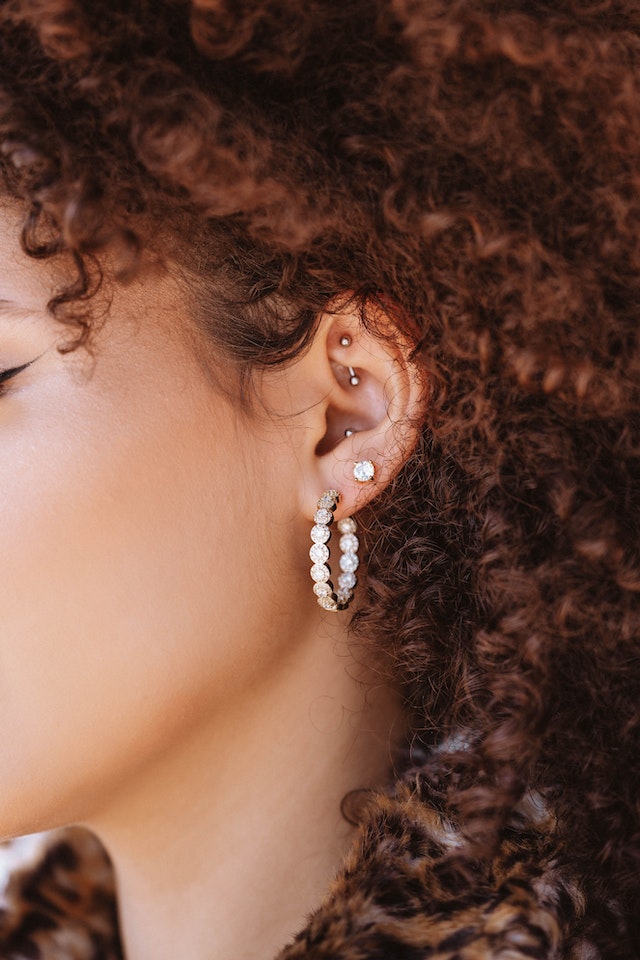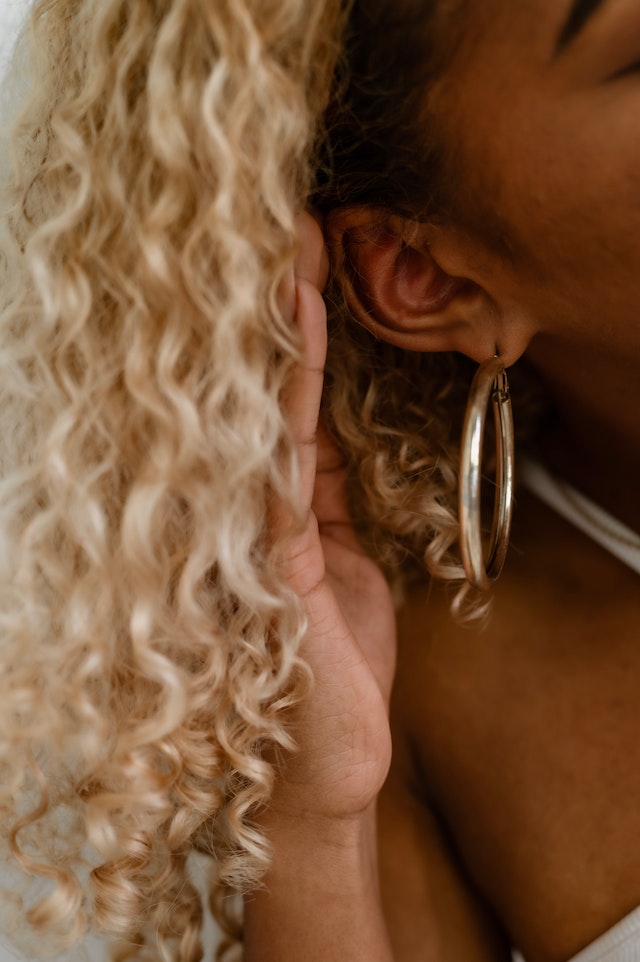Why Does My New Piercing Itch? Causes and Relief
You finally got that trendy new piercing you’ve been wanting – but now it’s driving you crazy with itchiness! It’s common for a new piercing to be itchy as part of the normal healing process. Read on to learn why piercing itch happens and how to get relief.

Healing Causes Itching
Itching is caused by your body’s natural healing response after a piercing. Here’s what’s happening under the skin:
- The wound is forming a scab – Scabbing triggers itching as the skin repairs itself.
- Inflammation and irritation – Piercings can be swollen, red and inflamed as the area heals. This inflames nerves and makes you itch.
- Increased blood flow – More blood flows to the area to heal the wound, causing itchiness.
- New tissue forming – As the piercing starts to heal, new skin and tissues generate, which itches.
So while itching seems annoying, it’s actually a sign your piercing is healing!
Infection Can Also Itch
While itching is normal at first, if it persists or gets worse, infection may be the cause. Signs it’s infected:
- Itching that keeps getting more intense
- Thick yellow/green discharge
- Hot to the touch
- Swelling, redness that spreads
- Fever or chills
See your piercer or doctor for evaluation if you suspect infection.
Stop the Urge to Scratch!
It may seem instinctual to scratch an itchy piercing, but this can damage the piercing, tear the scab open, and introduce bacteria from your hands.
Instead, try these tips to relieve itchiness:
- Rinse with saline spray 2x daily
- Use a warm compress on the area
- Take an antihistamine by mouth
- Apply topical hydrocortisone cream
- Distract yourself with breathing exercises
- Avoid irritants like hair products near piercing
Be Patient – Itching Will Resolve
Itching typically peaks in the first week after piercing and then improves over the next few weeks. As the wound moves through the healing stages, itching gradually subsides.
Give it time and proper aftercare, and the irritation and itchiness will resolve. Soon you’ll be able to enjoy your new piercing without itch or discomfort!
In Conclusion
Itching is very common with new piercings as the skin goes through the healing process. Try not to scratch, keep the area clean, and use home remedies to manage the itch. Recognize that a bit of irritation and itching is normal at first. If excessive or severe, see your piercer to evaluate for infection. With proper care, the itching will resolve and you’ll have a beautifully healed piercing.

FAQs about New Piercing Itch
What’s normal for a new piercing. For the first few weeks a new piercing might: be tender, itchy, and the surrounding area may look slightly red on white skin, or a little darker than usual on dark skin. produce a pale fluid that forms a crust.
Yes, piercings can in fact itch when the healing process is underway. It may seem counter-intuitive, but the itching is a good sign as it denotes that the healing is progressing in a healthy and natural way.
Ear piercing infections may be red, swollen, sore, warm, itchy or tender. Sometimes, piercings ooze blood or white, yellow or green pus. A new piercing is an open wound that can take several weeks to fully heal. During that time, any bacteria that enter the wound can lead to infection.
Body piercing allergic reactions are possible and typically due to the metal the jewelry is made of (nickel, in particular). This isn’t a whole-body allergic response, but one tied to a sensitivity—an overreactive immune response that can cause localized itching, redness, and other symptoms.
